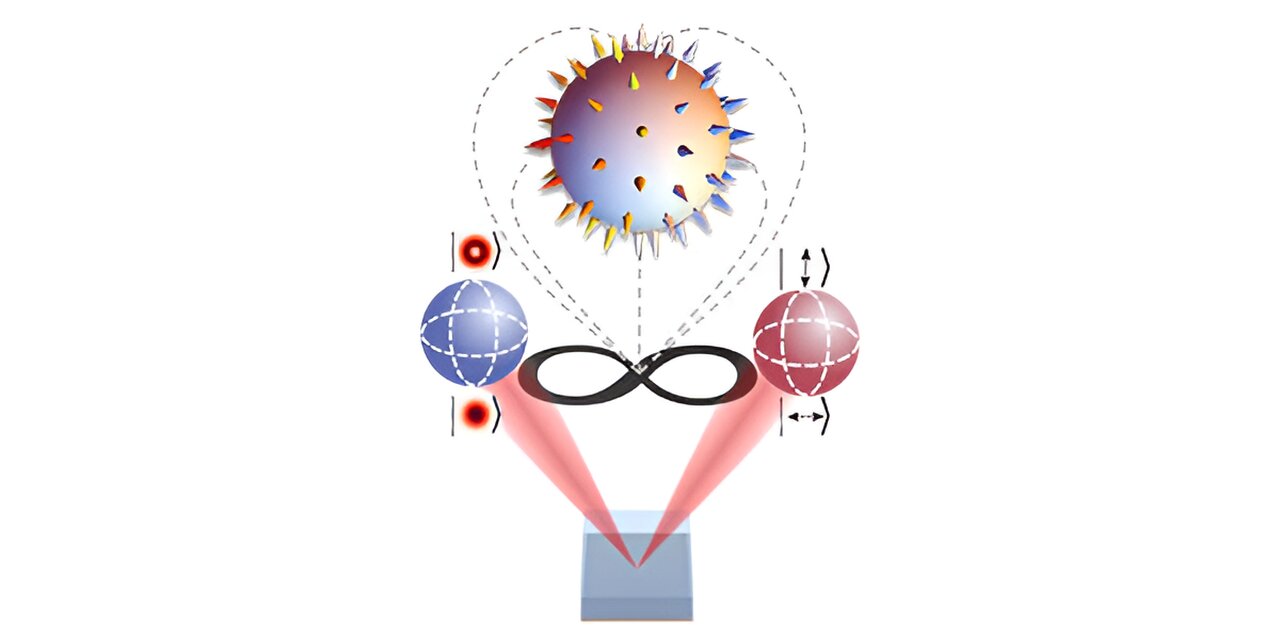The team hopes that this might become a powerful tool that paves the way for new quantum communication protocols that use topology as an alphabet for quantum information processing across entanglement-based channels.
The findings reported in the article are crucial because researchers have grappled for decades with developing techniques to preserve entangled states. The fact that topology remains intact even as entanglement decays suggests a potentially new encoding mechanism that utilizes entanglement, even in scenarios with minimal entanglement where traditional encoding protocols would fail.
Edit: Here is the quoted article link.
And here’s is the published paper.
Edit: someone below linked to this so you don’t have to pay for knowledge



I am no physicist so I wouldn’t know lol
I can tell you about topology though, its essentially a way to talk about a space where points don’t have a distance to each other. By that I mean there does not exist a function to measure the distance between two points, which is fundamentally different from “all points are so close we cannot measure their distance”. In the latter case a distance might still exist in reality, its just our instruments are not fine enough to detect it. What we mean however is that it makes “no sense”, for whatever reason, to talk about distance. The main thing of topology then is that we can still talk about properties of a space, for example whether any two points on a surface can be connected by a path, even though they don’t have a distance to eachother or to any of the points linking them.
You definitely lose a lot without the possibility to measure distance but not as much as one might expect. Another example would be that it is possible to distinguish between a torus and a sphere (or any other genus).